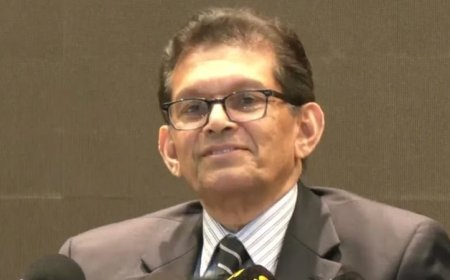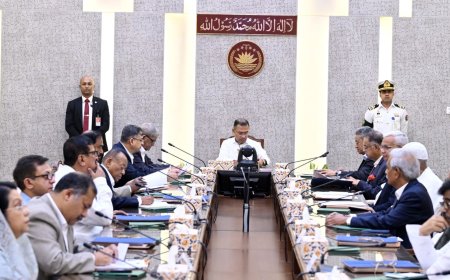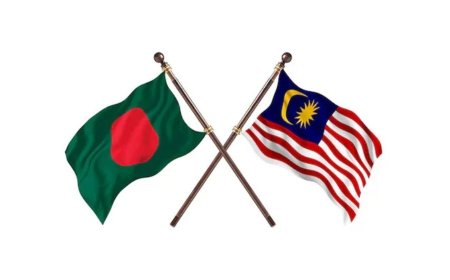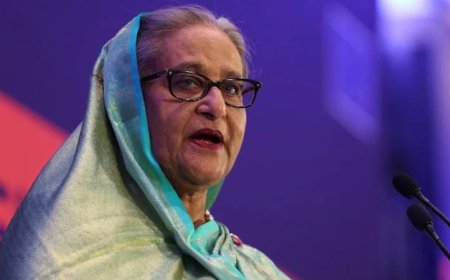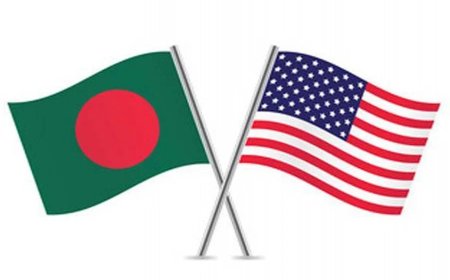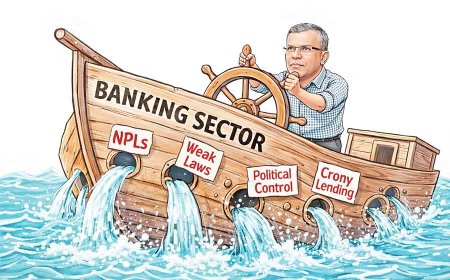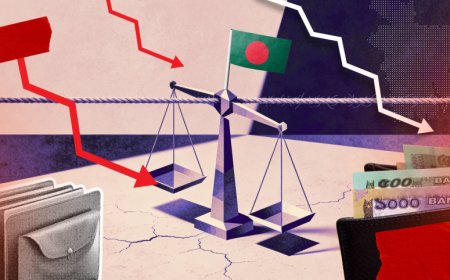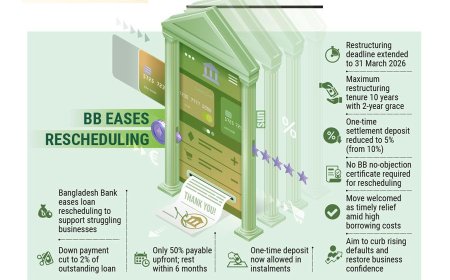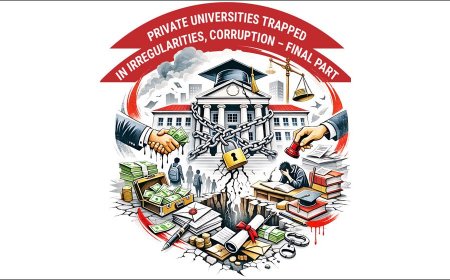Film industry facing challenges due to piracy
Film industry facing challenges due to piracy

Just as producers and cinema hall owners were hoping for a boost in business with Shakib Khan’s latest film Dorod, news of the movie being pirated surfaced. This follows a trend seen with several other high-budget films in recent years.
Director Raihan Rafi views piracy as a major blow to the industry, likening it to "slaying the slain." His films Shurongo and Toofan were also pirated, prompting legal action at the time.
Dorod, which was released in the United Arab Emirates, Australia, Canada, and New Zealand last Friday, has already been playing in the U.S. for two weeks. It is set to release in India on November 29. However, the filmmakers are disheartened by the piracy news. Director Anonno Mamun stated that he successfully removed all pirated copies of Dorod from the internet, with 22,033 IDs taken down by Friday afternoon.
Over the past decade, the number of film releases has halved, and the number of cinema halls has also decreased. Around 50 films are released annually, with only a few of them generating significant interest. Producers, directors, and cinema owners had high hopes for the commercial success of these big-budget films, featuring major stars.
Toofan, another much-discussed film from five months ago, was also pirated. It had a pirated version circulating within three days of being released on OTT platforms like Hoichoi and Chorki. Other films like Rajkumar, Shurongo, Hawa, and Hubba have fallen victim to piracy as well. Films that capture the audience’s attention are often the target of pirates.
Rafi expressed his disappointment at hearing about Dorod’s piracy, saying, “The condition of our film industry is already fragile. When films that are doing well and on the verge of becoming commercial hits get pirated, it results in significant loss.” Referring to his own films Toofan and Shurongo, Rafi added, “There were reports that these films were pirated in India, but Dorod hasn’t even been released there yet. We need to investigate where the piracy started. Cinema hall owners should be vigilant and check for unauthorized recordings being made on phones or cameras and shared on platforms like YouTube or Facebook.”
Rafi emphasized that if the piracy issue is not addressed, the situation in the industry could worsen. He said, “If producers don’t make profits, they’ll stop producing films. Piracy has already pushed our industry to the brink of collapse. Just as things were starting to improve, piracy has struck. It must be stopped immediately.”
Since piracy often originates from cinema halls, Rafi believes the authorities should take more responsibility. He suggested that cinema hall owners should be more vigilant and monitor for unauthorized recordings. "When the audience enters, their bags should be checked, and any hidden cameras should be confiscated."
Rafi further explained that Dorod, a high-budget film featuring the country’s biggest star, was released outside the festive season for the first time in years. “If films released outside Eid get pirated like this, it will cause the audience to lose interest, and many may opt for pirated versions,” he said.
He urged cinema-goers to avoid watching pirated copies. "Watching pirated films is not only wrong but also a punishable crime. Do not share pirated links either, or you’ll face legal consequences."
Director and producer Anonno Mamun shared that the pirated version of Dorod came from the United States, as all the leaked copies contained English subtitles. “Piracy like this is not just painful for me, but for the entire industry. This happened when we released the film worldwide outside the festive period. It may discourage others from attempting global releases in the future.”
Mamun stressed that the responsibility to prevent piracy lies with everyone in the industry, both inside and outside the country. "Piracy is a major barrier to the growth of our film industry. It hampers our progress, and we must protect our films from it," he said.
Raj Hameed, CEO of Bioscope Films, the distributor of Dorod in the U.S., confirmed hearing about the piracy originating from New York. He vowed to take action after consulting with cinema hall owners. "We must identify those responsible and make an example out of them. We’ve distributed 48 films in the U.S., and we’ve never faced such an issue before. We are determined to protect the market we’ve built over the past seven years," he said.
Mamun believes a powerful gang is behind the piracy of Dorod. "The quality of the pirated copy shows that this is not the work of common individuals but rather a well-organized group. They know that any film starring Shakib Khan will generate widespread interest. They want to destroy the industry for a quick profit," he said.
Iftekhar Uddin Noushad, owner of Modhumita Cinema Hall, agreed that piracy originates from cinema halls and pointed to a large ring behind it. He urged cinema hall owners to be even more cautious, stating, "We don’t allow anyone to enter with bags. When films are distributed abroad, cinema hall authorities should also be alerted to the risks of piracy. Piracy damages the film industry significantly. If piracy continues, there will be no audience for our cinemas. If exemplary punishment is given once, this will stop."
What's Your Reaction?









